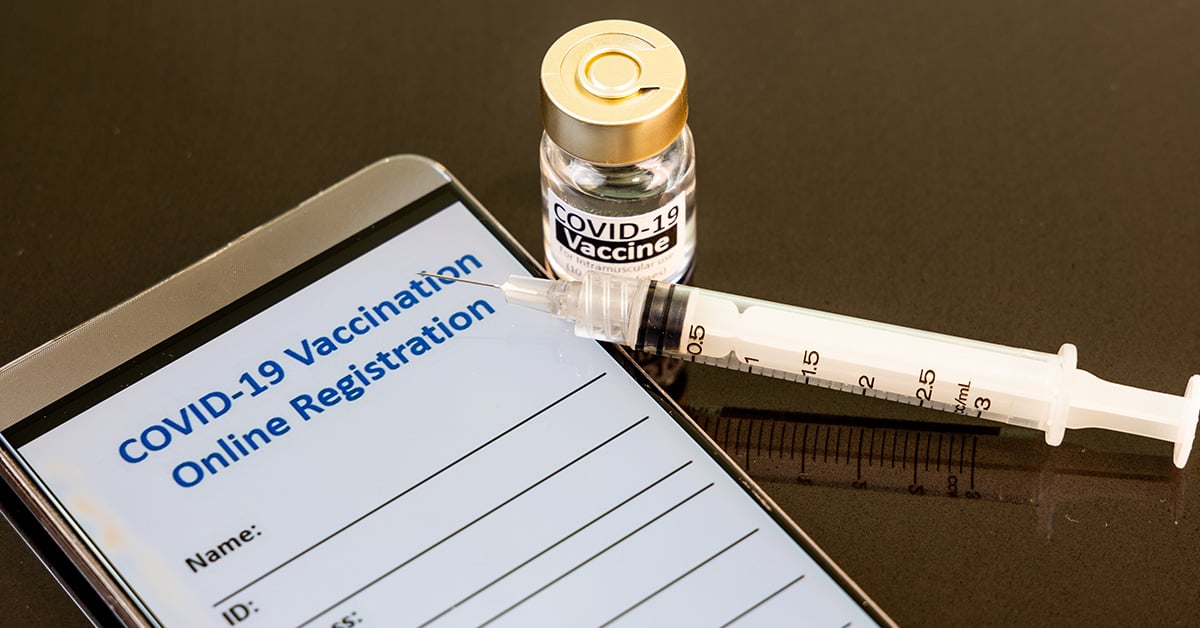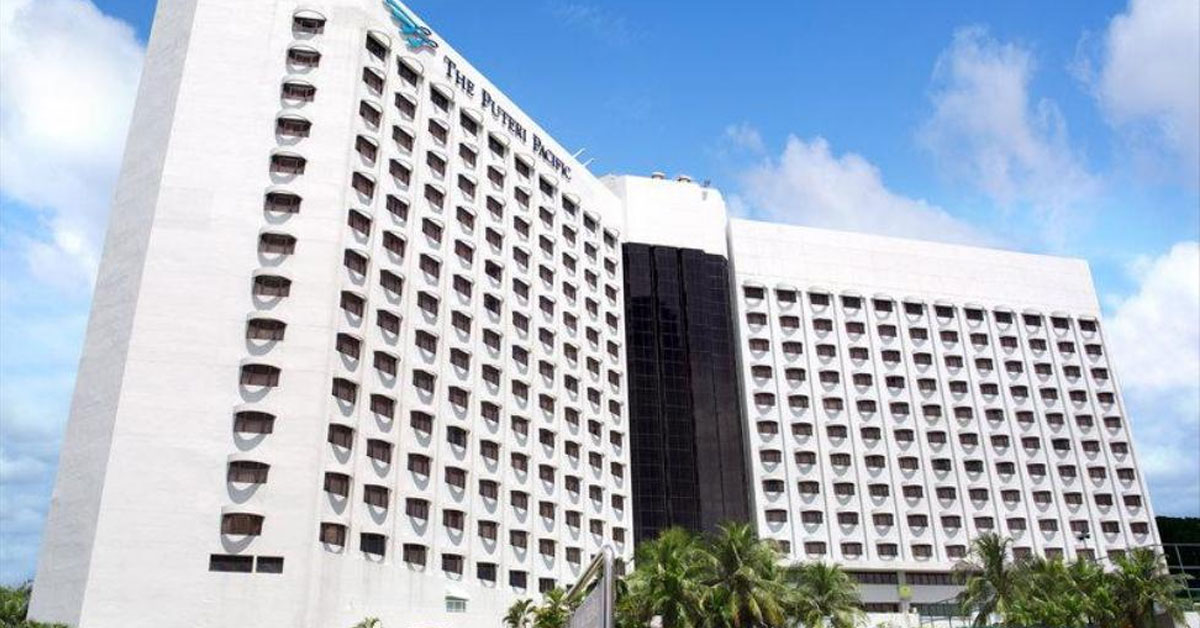Dying from complications relating to the COVID-19 vaccine is a rare occurrence.
There have only been two such reported deaths in Singapore thus far.
The family of the woman who died from myocarditis linked to the COVID-19 booster shot was given $225,000 under the Vaccine Injury Financial Assistance Programme (VIFAP).
Family Given $225,000 Under VIFAP
Madam Ontal Charlene Vargas, a Filipina maid working in Singapore, died on 13 December 2021.
She died four days after receiving the COVID-19 booster jab.
On 14 April 2023, a coroner’s court heard that the cause of death was myocarditis.
If you didn’t know, myocarditis is the inflammation of the heart, a rare side-effect of the vaccine.
State Coroner Adam Nakhoda ruled her death a medical misadventure and found that it was likely related to the vaccine, based on the balance of probabilities.
Her family applied for VIFAP, which provides “one-time goodwill financial assistance” to people who received the COVID-19 vaccine under the National Vaccination Programme and experienced severe side effects.
According to the Ministry of Health (MOH), the family applied in January 2023.
On 16 April, MOH said, “The panel assessed that her demise was probably related to COVID-19 vaccination and a one-time financial assistance of S$225,000 had been extended to her family in the Philippines.”
That’s about $9,397,810.19 in Philippine Pesos.
More About VIFAP
Usually, receiving the COVID-19 vaccine is no big deal.
Most usually have mild symptoms like arm pain or a mild fever.
However, some experience severe side effects.
To be eligible for VIFAP, one must have received the COVID-19 vaccine under the National Vaccination Programme and experienced serious side effects “assessed to be related to the COVID-19 vaccines administered in Singapore”.
In addition, not everyone who achieves the criteria above can qualify for VIFAP.
Individuals must be Singapore citizens, Permanent residents or long-term pass holders.
Myocarditis is a Rare Effect
Out of more than 17 million doses of the COVID-19 vaccine that have been administered in Singapore through the National Vaccination Programme, there have only been two reported deaths by myocarditis thus far.
The first reported death linked to the COVID-19 vaccine was a 28-year-old Bangladeshi National.
MOH said, “Available data suggests that the majority of cases of myocarditis following vaccinations are generally mild and respond to treatment.”
According to the Health Sciences Authority (HSA), myocarditis is a rare effect of the vaccine.
It has reporting rates of 0.0001% for bivalent vaccines and 0.0011% for the primary vaccination series of the monovalent vaccines.
Any condition with more than three syllables sounds scary.
However, it is wrong to assume that all myocarditis is severe.
While it implies heart damage, mild cases are more common than severe cases.
Mild cases usually have a bit of swelling and cause temporary damage to the heart.
Besides the COVID-19 vaccine, myocarditis can also be caused by viral, bacterial and fungal infections.
In rare instances of myocarditis due to the vaccine, cases are more common in young males aged 18 to 29 following the second dose.
However, it would be best if you still got the vaccine.
MOH said, “COVID-19 infection is also known to be associated with myocarditis, several times higher than the incidence after vaccination.”
Several research projects have seen the link between myocarditis and COVID-19.
In 2022, a large study led by the British Heart Foundation (BHF) found that the risk of myocarditis is much higher following COVID-19 infection compared to the weeks following vaccination.
Another 2022 study by researchers at the BHF Cardiovascular Research Centre in Glasgow found that 1 in 8 hospitalised with the virus were later diagnosed with myocarditis.
In addition, the study found that a severe bout of COVID-19 can also result in kidney damage.
At the end of the day, the benefits of the vaccine still outweigh the risks.
Furthermore, Singapore is currently seeing a new wave of COVID-19 infections, making vaccination crucial.
Since 2021, MOH has urged people to avoid strenuous physical activity or exercise for two weeks after receiving the vaccine to reduce the risk of adverse side effects after vaccination.
If you experience chest discomfort, difficulty breathing or heart palpitations within a week of getting the vaccine, do not hesitate to seek medical help.
MOH added, “This will enable early diagnosis and appropriate medical management of any rare severe adverse events that may occur after vaccination.”



